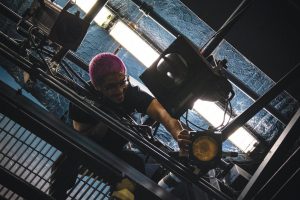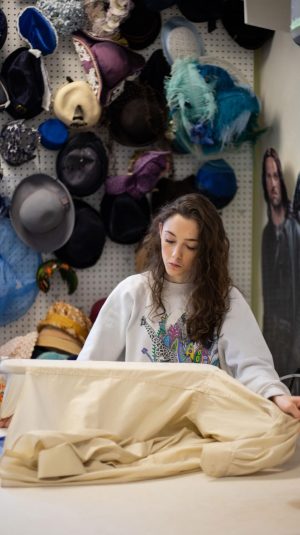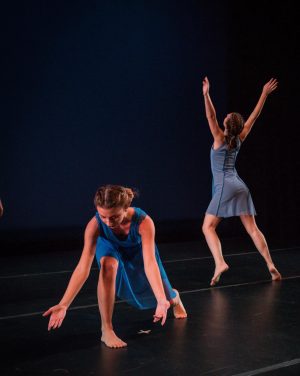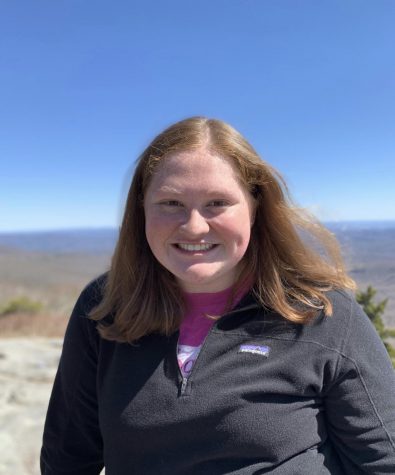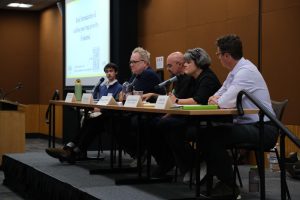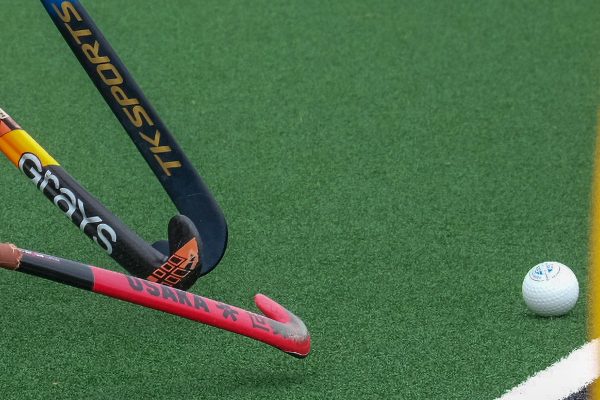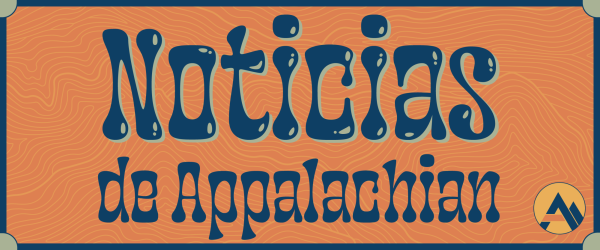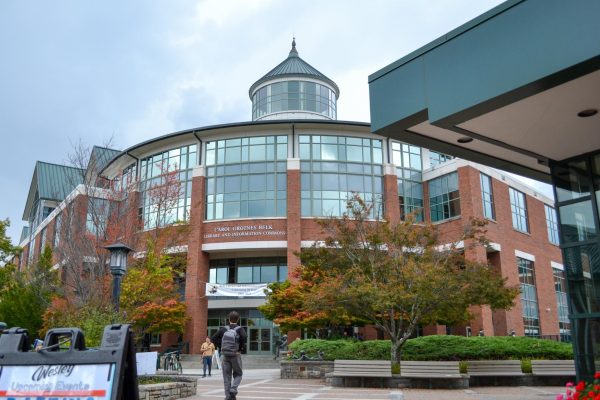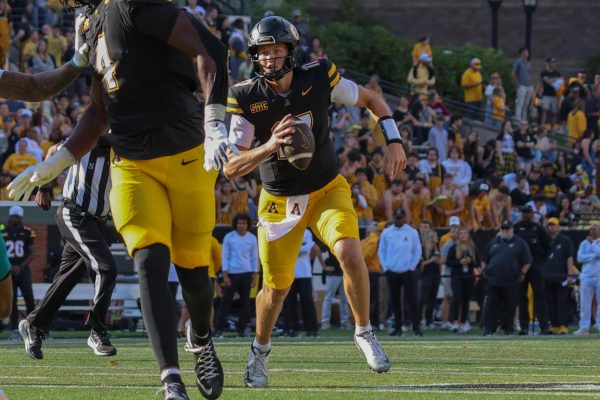Theatre consulting group leads on-stage consent training for students and faculty
September 24, 2019
Theatrical Intimacy Education, a consulting group, came to App State for the first time to teach students and faculty about an up-and-coming practice in the theatrical community known as intimacy training, which emphasizes consent and setting boundaries on stage.
Among the 40 students who participated in the training on Sept. 7 was senior theatre arts major, Maddie Coggin, who said the training “takes on those intimate stage moments and attempts to make them desexualized and attempts to make them comfortable and inclusive to everybody.”
Theatrical Intimacy Education was founded in 2017. According to its website, the goal of the training is to “empower artists with the tools to ethically, efficiently and effectively stage intimacy, nudity and sexual violence.”
Coggin said the training encourages actors to discuss how certain scenes make them feel, take breaks from a scene if needed and set boundaries for what feels comfortable for them on stage.
“They focus a lot on understanding consent and on any given day that you can have certain boundaries up … based on what you’re going through,” Coggin said.
Coggin is the assistant director for the theater department’s upcoming show, “Peter and the Starcatcher” and said knowledge from the workshop will not only be applied to the upcoming show, but all future shows and some classes within the Department of Theatre and Dance.
Teresa Lee, professor of theatre arts and director of “Peter and the Starcatcher,” said intimacy training is something that is “up-and-coming” in the world of theater.
“We really feel like we’re on the cutting edge with getting the co-founders of the consulting group here to do the intimacy education training with our faculty and our students,” Lee said.
Lee said the training allows actors and directors to do their best work, and the training “moves them beyond making assumptions” into an effective and efficient way of working.
“I have to believe that if people are more comfortable in the working environment from the start, then it can help remove some of that awkwardness that might have found its way into their performances or if there are any sort of hidden barriers or hesitancies, then we’ve approached it from an intentional, aware practice,” Lee said.
Coggin said the tools they learned in training were applied in rehearsal the next day, and several people who didn’t attend the workshop were eager to learn about it. She said if given the opportunity, she thinks students would attend the workshop again.
Coggin and Lee said they received strong feedback about the training, and many are confident the workshop will produce positive results for actors and those working behind the scenes.
“I know in the past we’ve had shows where students felt like they were almost forced into doing something a certain way, and it was not what they wanted. And if you aren’t feeling safe and comfortable, you’re not going to perform at your best. So, I think in the long run, it creates a better environment, which creates a better performance and a better process,” Coggin said.

